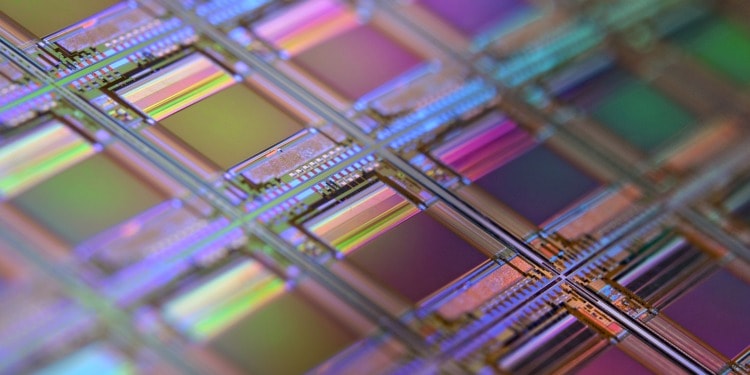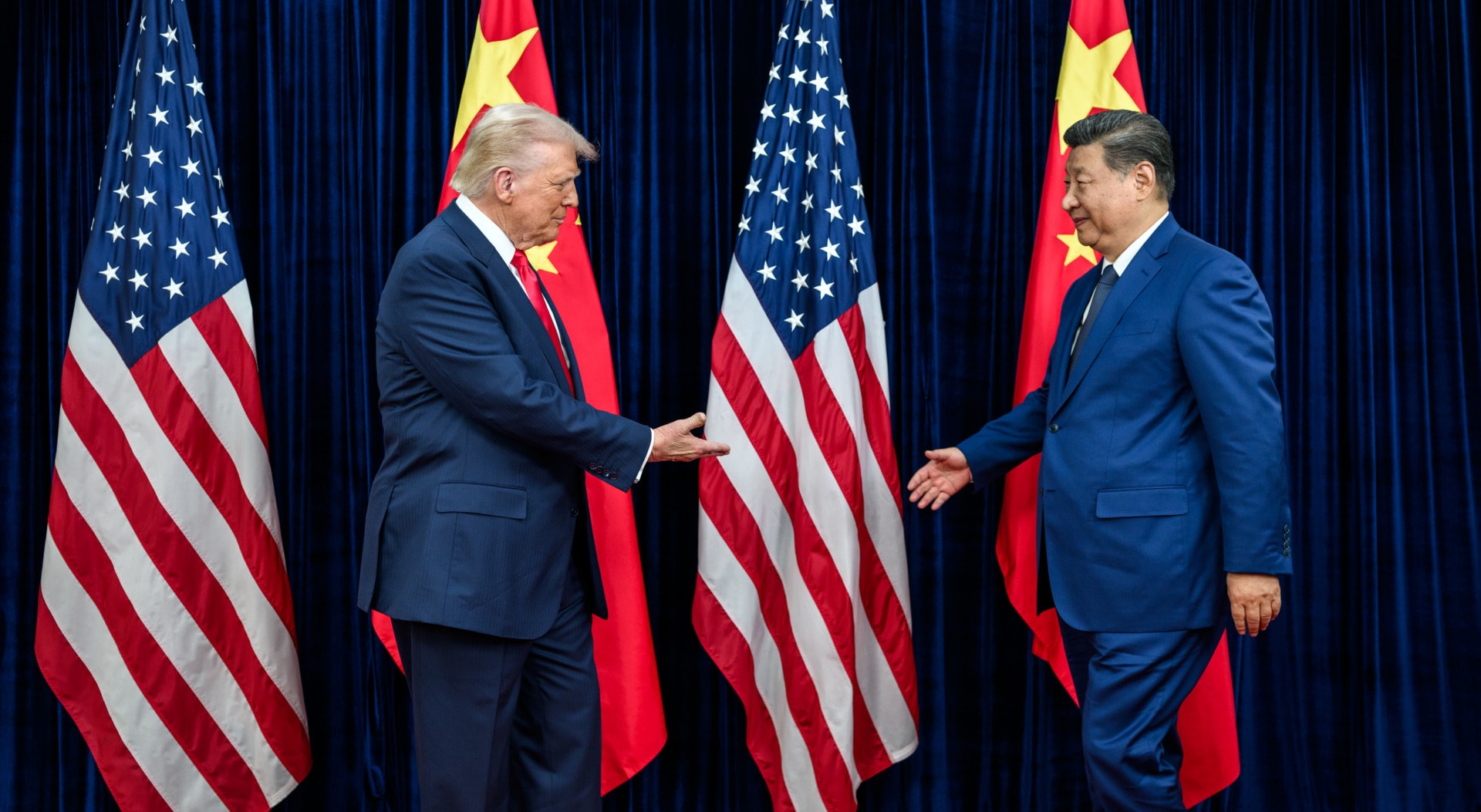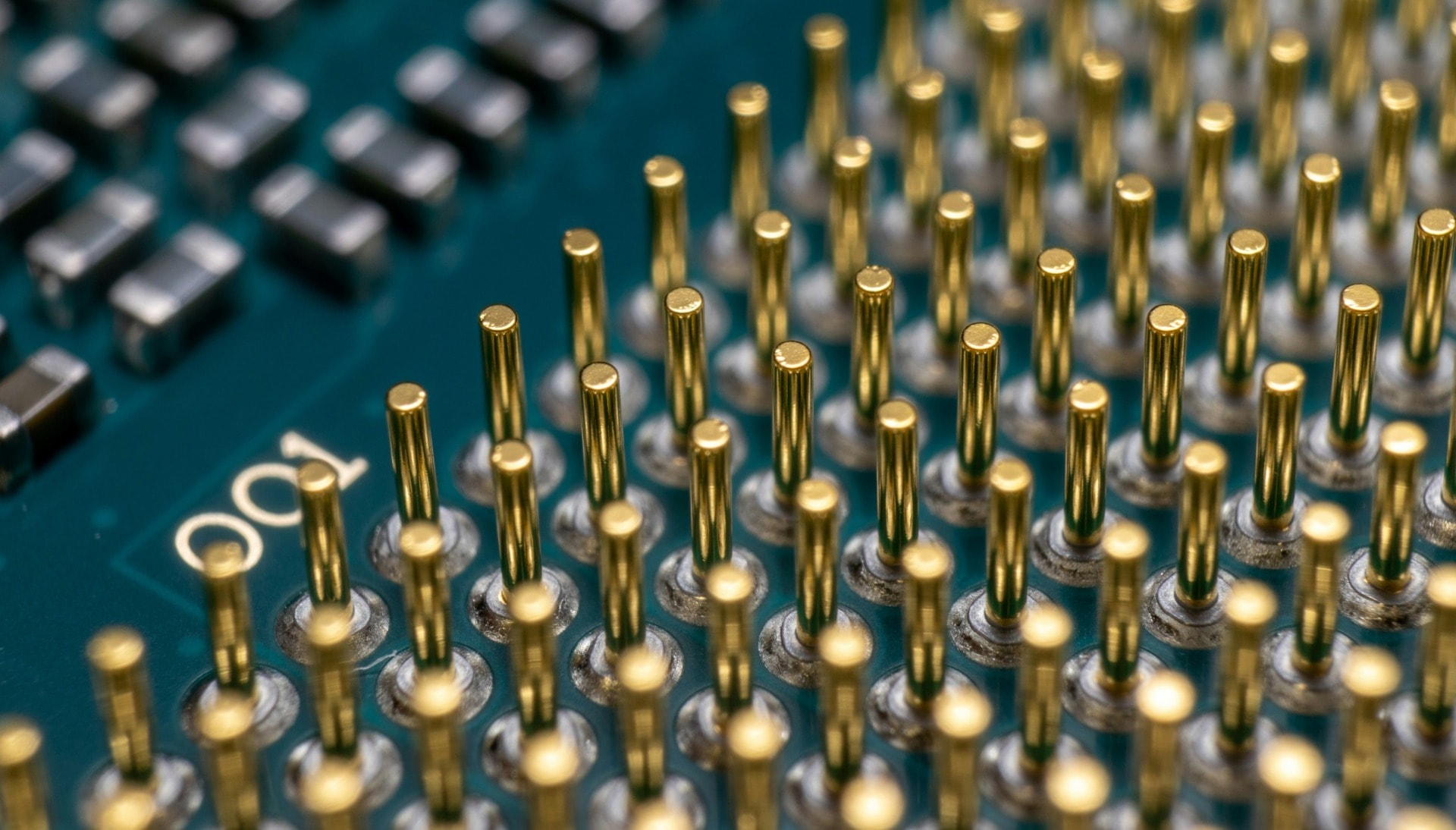According to the Wall Street Journal (WSJ), the United States is considering imposing new limitations on the export of artificial intelligence (AI) chips to China.
The potential export ban, WSJ explains, would severely impact Nvidia, America’s biggest producer of AI chips which are also used by ChatGPT, and AMD, a US-based multinational company that manufactures semiconductors for computer processing.
Sources of the WSJ indicated that the US Department of Commerce could implement a ban on chip shipments to China from US manufacturers in the coming month.
Not the First AI Chip Export Restriction
Already in September last year, the US government imposed restrictions on the export of some AI chips to China. These restrictions included the export ban on Nvidia’s A100 and H100 chips and certain chips from AMD.
The A100 chip can be utilised across different industries, including finance and biotech, and is able to power supercomputers, AI, and data centres.
Following the September restrictions, the AI chip company supplied a less powerful AI chip to Chinese customers called the A800, which bypassed the export controls. Now even this chip might face restrictions.
The intention of these measures by the Biden administration is to restrict China’s advancements in AI, specifically in the military field.
However, the export restrictions would also impact China’s commercial AI industry. In fact, China’s AI stocks have fallen following the publication of WSJ.
More on $nvda chip ban, they tried to circumvent US ban on export of AI chips to China, so this new July ban will be stronger
In September, Nvidia had said that U.S. officials asked the company to stop exporting two top computing chips for artificial intelligence work to China.…
— Special Situations 🌐 Research Newsletter (Jay) (@SpecialSitsNews) June 28, 2023
All Part of the US-China Tech War?
If implemented, the restrictions would be the latest development in the ongoing US-China tech war.
While the recent visit of US Secretary of State Blinken to China aimed at stabilising the relationship between the two superpowers, US President Joe Biden’s reference to President of China President Xi Jinping as a “dictator” has worsened the situation again.
Related Articles: US, China or Russia: Who Are Europe’s Friends and Who Are Foes? | Rising China vs. Dominant America: How Likely is a War? | The Race for Artificial Intelligence: China vs. America | Netherlands Joins the Microchip War: Is Cutting China Off a Smart Move?
In addition, Biden is planning to issue an executive order to screen investments bound for China and prevent support to the Chinese military.
The US government is also considering limiting cloud services leasing to Chinese AI companies, which would affect their ability to circumvent chip bans.
Chinese companies often choose American cloud providers for their global expansion; limiting access to US cloud services could complicate their expansion plans and compliance with local data storage regulations.
Moreover, Washington is also reported to have urged South Korea not to allow its domestic chip makers to fill the AI chip void in China.
Tech companies in China are reported to be hoarding Nvidia’s AI chips in preparation for their expected need in future AI development. Further, Chinese tech giants placed additional orders for Nvidia chips this year.
On top of that, it has been reported that Nvidia’s banned A100 chip is being sold on the black market in China for twice its usual price.
The update to the potential export controls is expected in July and comes as US-China relations remain strained. Meanwhile, the US Commerce Department and Nvidia have declined to comment on the AI chip export restriction.
Editor’s Note: The opinions expressed here by the authors are their own, not those of Impakter.com. In the Featured Photo: Colourful Computer Chips. Featured Photo Credit: Laura Ockel.














